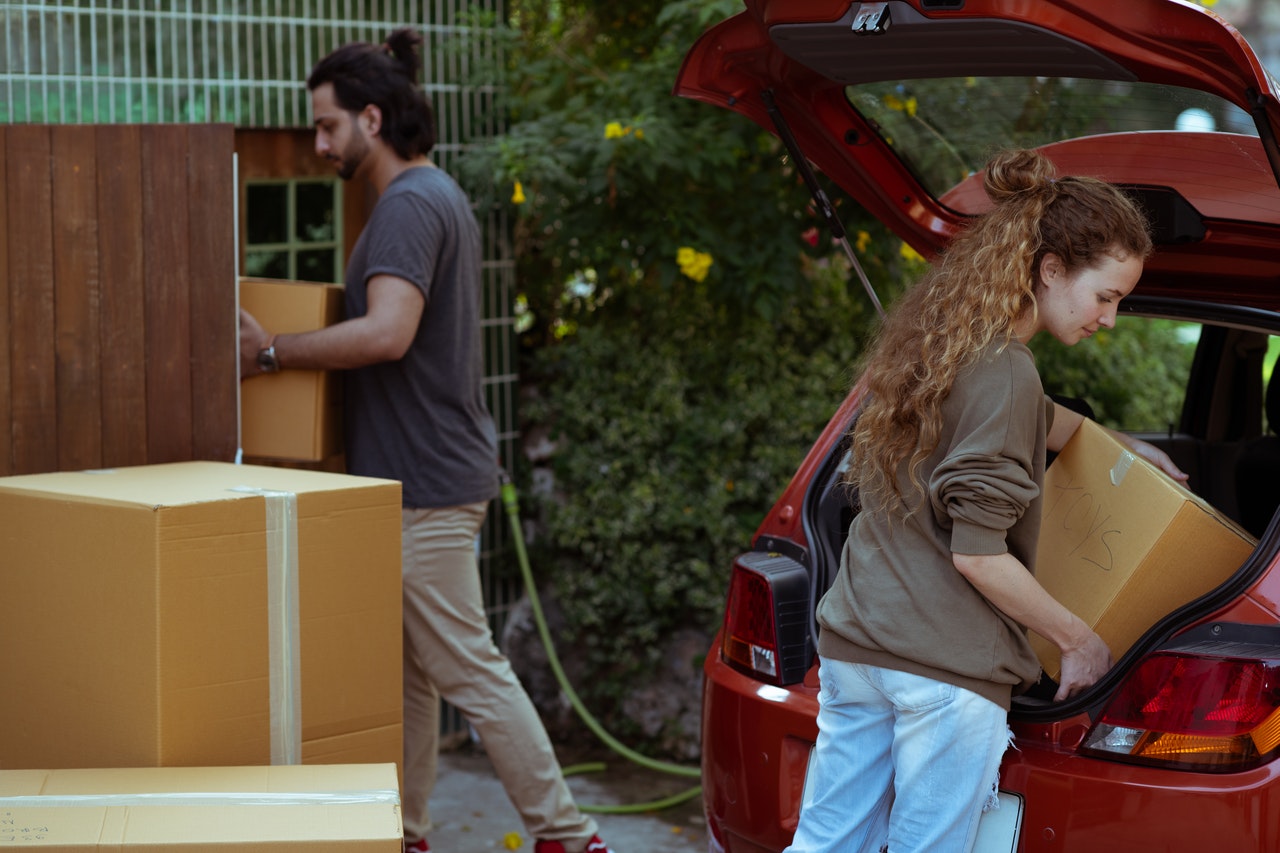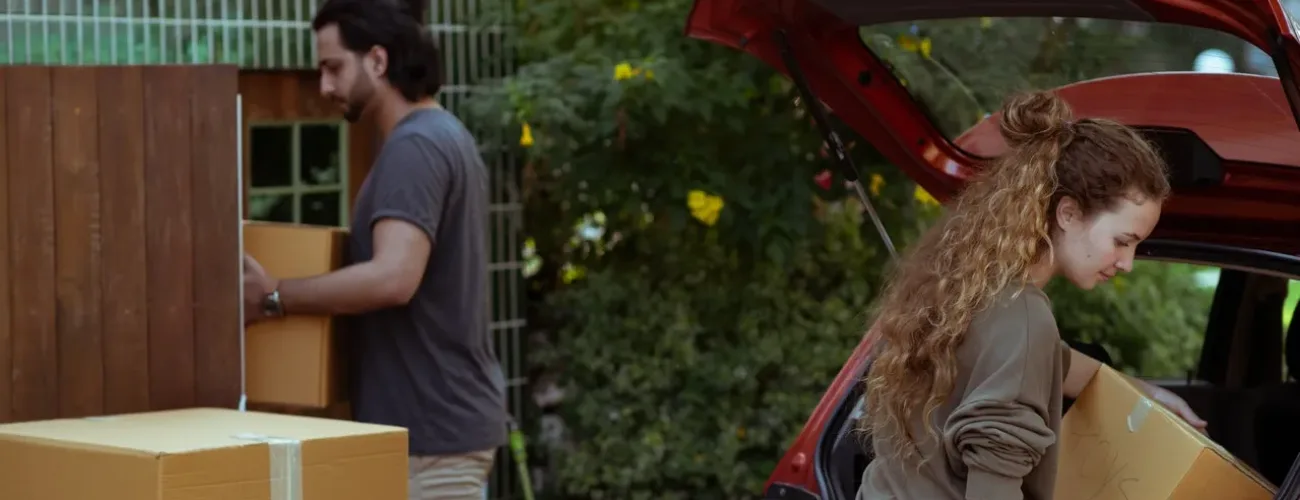So your spouse, ex, partner, wife or husband won’t leave the house. You might have thought about changing the locks. And that’s completely normal.
By Rebecca McLeod, Practice Leader at Watts McCray, Northern Beaches.
Following the breakdown of a relationship, often parties are keen for space – whether that be emotional, physical or sometimes, financial.
It takes time to work out how the asset pool should be divided and what care arrangements should be in place for the children, if there are children involved. This leaves parties in a situation where they need an interim arrangement whilst they are separated but have not yet finalised their Family Law matters.
We’ve written this guide to help you navigate the legal system if your ex-partner (or otherwise), wife or husband won’t leave the house.
Thinking about changing the locks?

It may be tempting to change the locks during this phase but there are often pitfalls in doing so and it is best to obtain legal advice beforehand. If there is no court order about who may occupy the property, it initially depends on the legal title of the property.
If the home is held in joint names
Either of you may change the locks. As to whether this is a sensible move however is another question – you may unnecessarily inflame the situation which could result in acrimony and in some cases, involvement of the Police.
If the home is registered in one party’s name only
Then that party can legally change the locks. However, a Court may grant the other person access to the home in certain circumstances, particularly when children are involved.
A spouse moving out of the home is not a contentious step if the parties are agreeable on who will move out and it is financially viable for them to do so before the Family Law property settlement is finalised. If both parties refuse to leave, however, you will need to apply to the Court for an injunction providing for sole occupancy.
Under section 114 of the Family Law Act 1975 (Cth), the Court can make an exclusive occupancy order for either spouse. This means you can continue living in your house “sans husband or wife” until final orders are made. If the sole occupancy order is made in your favour, your spouse will be in breach of the order if they fail to or refuse to move out.
The onus of establishing a case for sole occupancy rests on the spouse seeking the injunction. The relevant criteria and approach are set out in the case of Davis [1982]. The Court will look to whether it is “reasonable, sensible or practical” to expect the parties to continue to remain in the home together, and whether the order is being sought out of necessity, or whether it is simply sought out of convenience.
What will the court consider for a sole occupancy order if your ex, partner or husband won’t leave the house?
There are multiple considerations of the Court in determining an application for an exclusive occupancy order. These include:
- the needs of any children of the relationship;
- the means and needs of both parties; including their income and financial situation
- the existence and availability of alternative accommodation;
- the extent that the home is a significant part of any business owned or run by one party;
- the hardship to either party or to the children of the relationship;
- the conduct of the parties party which may justify the other party in leaving the home or in asking for the expulsion from the home of the first party;
- how long the parties have been separated;
- who is seeking to retain the property ultimately; and
- any domestic violence against one of the parties.
In Fedele and Fedele, the Full Court of the Family Court emphasised that the considerations that can be found in cases concerning the exercise of discretion for the making of an exclusive occupation order are neither fixed nor exhaustive and that ultimately each case must be decided on its own merits in light of its own particular set of facts and circumstances.
Sole occupancy orders will usually only be made in exceptional situations. The Court will assess whether your needs as the Applicant outweigh your spouse. These orders are most frequently made where there is a risk of family violence or a risk of harm to children. If you have any concerns for your safety or the safety of your children, contact the Police or 1800 RESPECT immediately.




